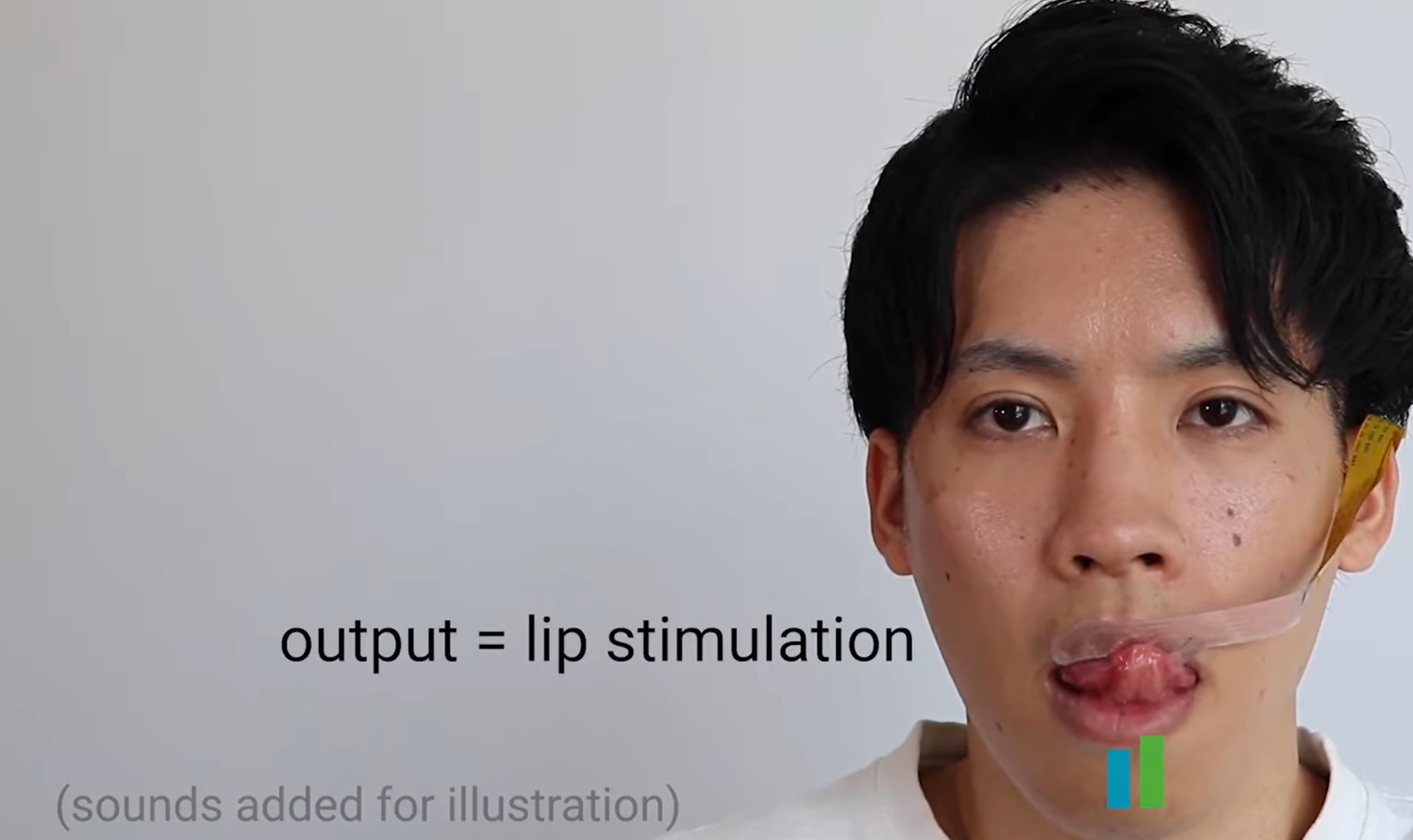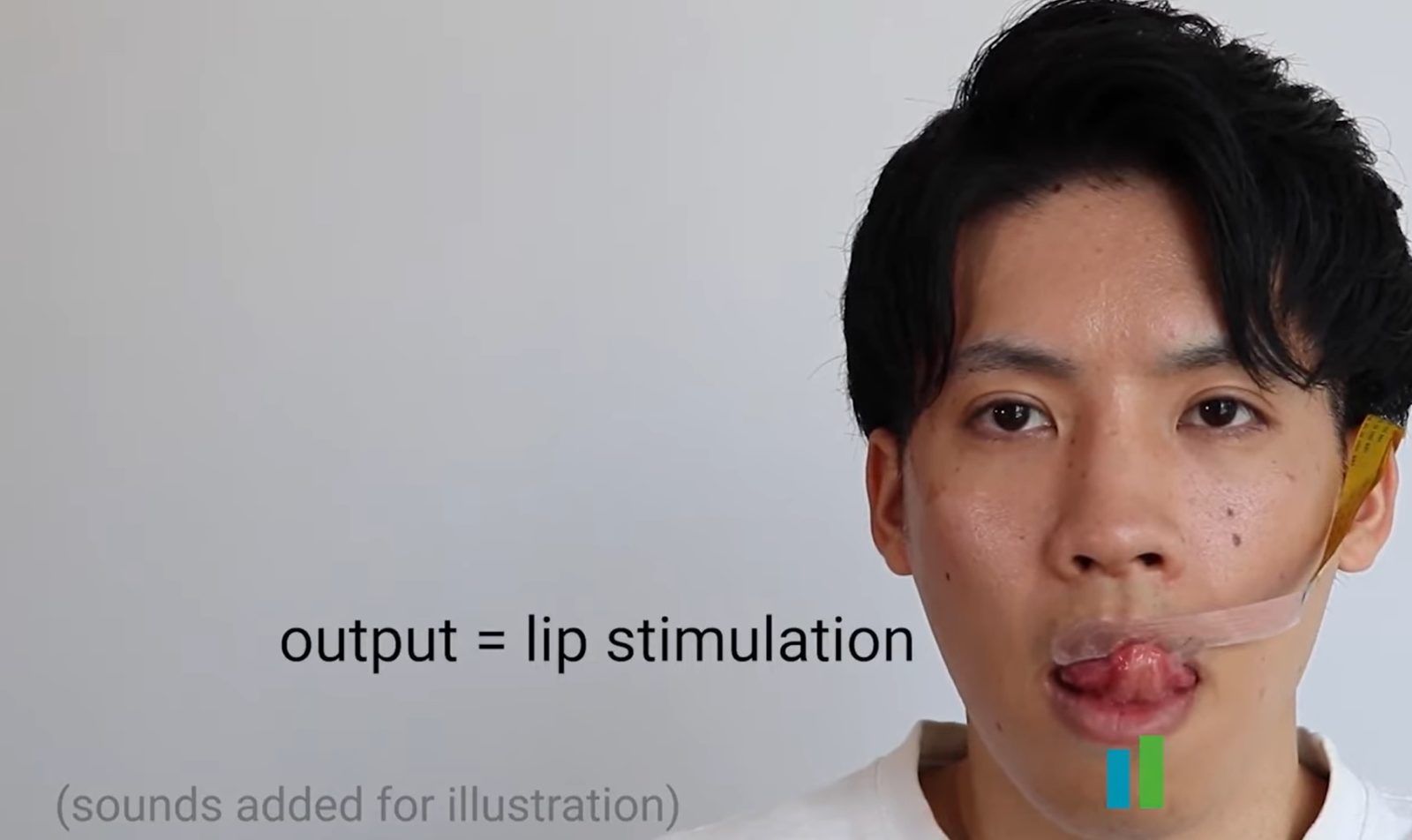
LipIO is an alternative user interface developed by researchers at the University of Chicago that accepts and sends digital information via minor lip and tongue movements. LipIO is an alternative user interface developed by researchers at the University of Chicago that accepts and sends digital information via minor lip and tongue movements.
This is obviously beneficial to persons with impairments who may be unable to utilize their eyes or hands.
LipIO is made out of a thin and flexible plastic sheet that is densely packed with conductive elements. The sheet is attached to the skin, coupled with electrodes that make contact with the lip. The gadget works by electrostimulation, with the top layer receiving input from the tongue or lower lip through capacitive touch. The gadget was built by the trio of academics using off-the-shelf hobbyist-grade components, and they have open-sourced all of their work.
While the lip system is ideal for persons with impairments, the developers see several other applications. Various demos demonstrate LipIO being used to tune a guitar, get navigation information while cycling, and offer DJs with an extra source of information.
The technology might potentially be applied in virtual reality applications. The study envisions an analogous haptic interface that may, for example, convey a genuine feeling of taste while in VR. In this situation, the gadget would build on previous research that successfully used electrical stimulations of the tongue to produce fundamental sensations such as sour, salty, bitter, and sweet. The researchers even envision “virtual ice cream” in the metaverse.
LipIO is a large piece of hardware with a lot of cables, so the next stage is to make the technology smaller and more feasible for real-world application. The researchers also seek to make the technology more acceptable for public areas by eliminating the requirement to lick your lips on a frequent basis.







Leave a Reply